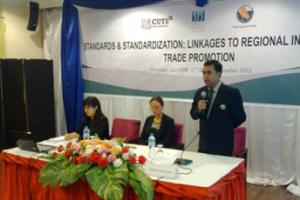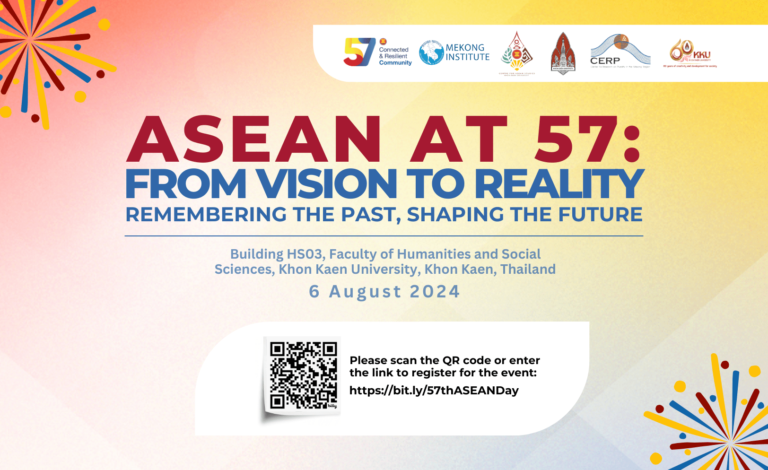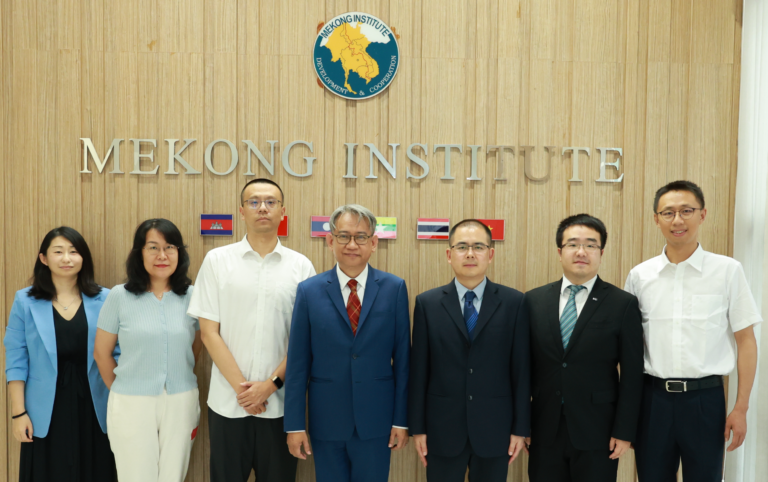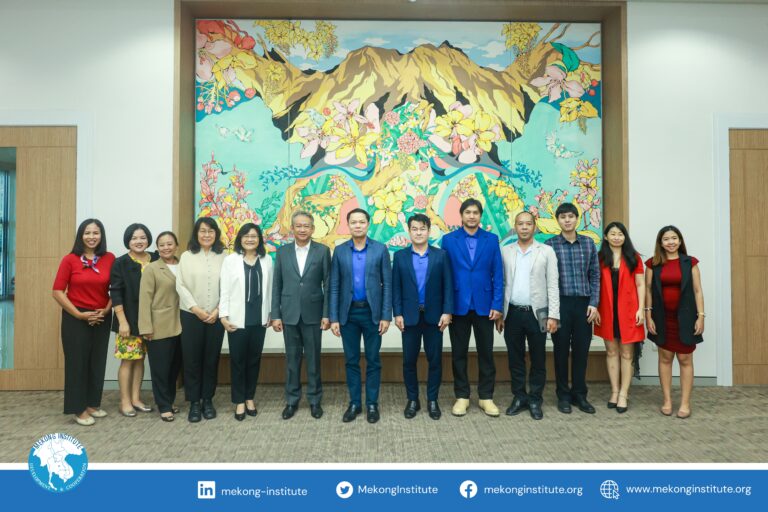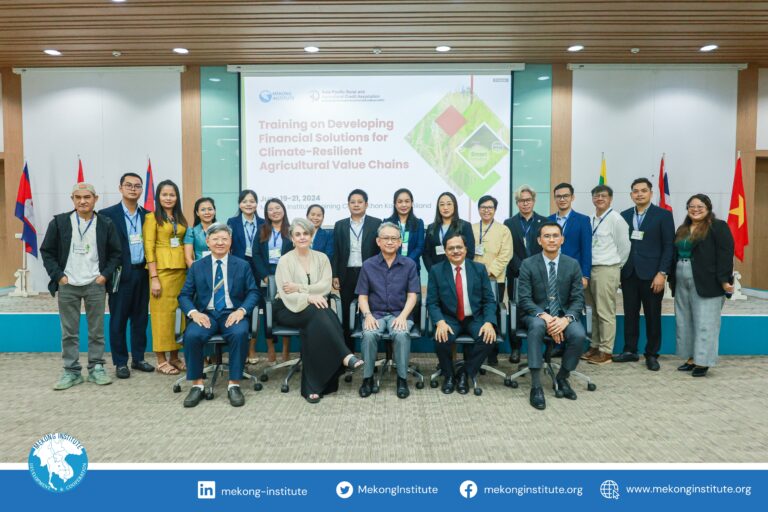International standards, which aim to be used as a trade facilitating factor by many countries, often become a form of non-tariff barriers for exports from developing countries trying to enter the global and regional markets. Therefore, rigorous and consistent local standardization processes with active involvement of private and public sectors is crucial for building necessary technical capacity on the concepts and methodologies of different international standards.
Furthermore, standards and standardization also play a crucial role in regional integration process. ASEAN, in its Blueprint towards building an Economic Community in 2015, which recognized that “systems of standards, quality assurance, accreditation, and measurement are crucial for enhancing the efficiency and cost effectiveness of production of intra-regional imports/exports.” This is essential to ensure the free flow of goods and services across borders in the region by turning all 10 member states of ASEAN into a single market and production base. These 10 members include Brunei, Cambodia, Indonesia, Laos, Malaysia, Myanmar, Philippines, Singapore, Thailand and Vietnam.
In the light of this event, representatives from Ministry of Commerce and Industry, Chambers of Commerce and Industry (CCIs) and some export-oriented enterprises gathered in an ASEAN two-day seminar on December 17-18, 2013, in Vientiane, Lao PDR. The seminar was organized by CUTS International – Hanoi Resource Centre (HRC) in collaboration with Mekong Institute and Swedish Standards Institute (SIS), Stockholm, Sweden.
It aimed to raise awareness and understanding on significance of standards and the standardization processes as well as their possible impacts on regional integration and trade promotion. The participants and institutions were informed about the facilitation of future trade within and beyond ASEAN through a network of stakeholders on the issues of standards and standardization. The meeting also provided feedbacks on national, sub-regional, regional and international institutions for more inclusive and effective standardization process at all levels. There were 40 attendants, including representatives from National Standard Bureaus, Ministries of Commerce and Industry and Chamber of commerce and Industry from Laos, Thailand, Myanmar, Cambodia, Vietnam, Singapore and Indonesia.


